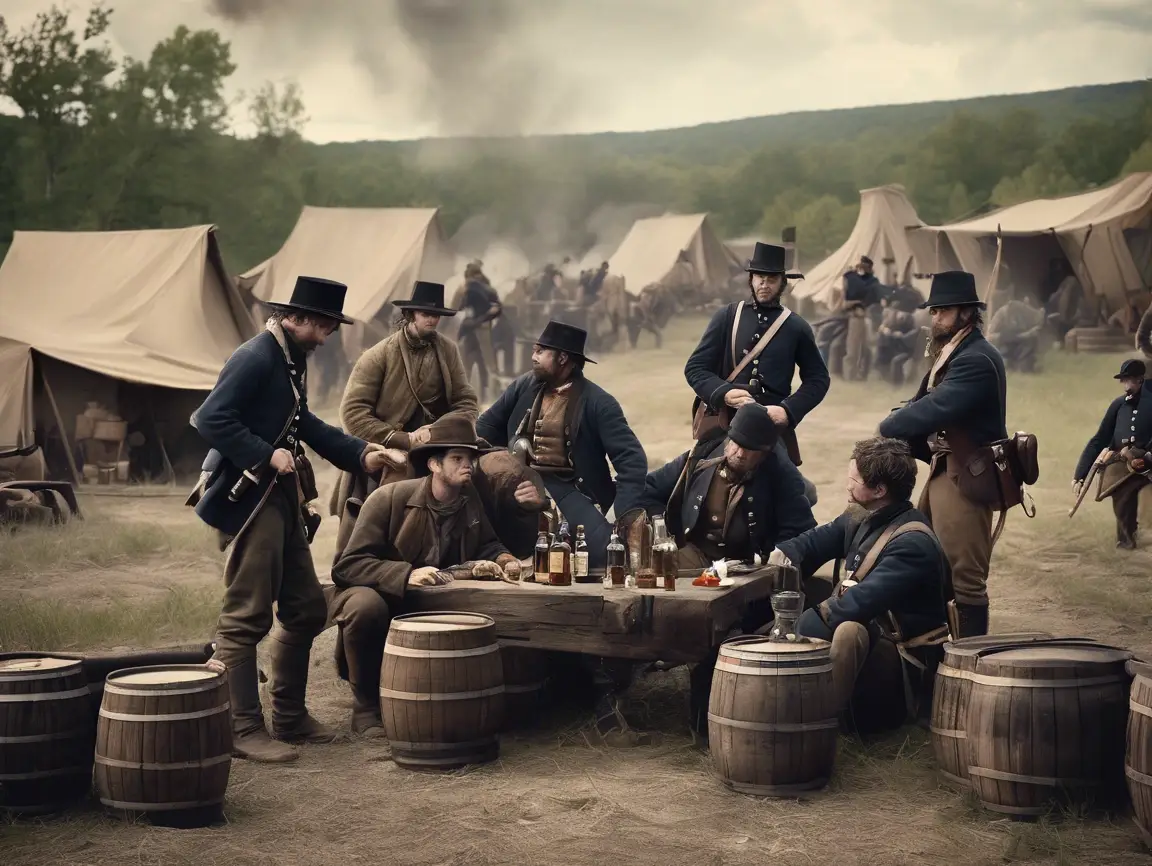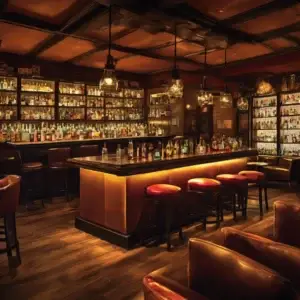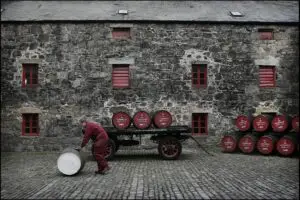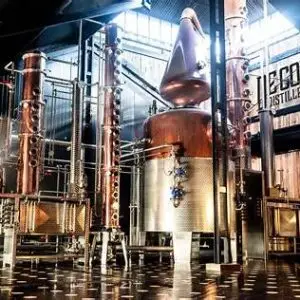When we think of bourbon today, we picture amber liquid in a heavy glass, smoky sweetness on the palate, and the unmistakable essence of Americana. But behind its bold character lies a story forged in one of the most turbulent chapters of U.S. history — the Civil War. It was this brutal conflict that, unexpectedly, helped shape bourbon’s identity and elevate it to the status of a truly American spirit.
Before the war, bourbon was just one of many types of whiskey distilled across the United States. Originating in Kentucky in the late 18th century, it was made primarily from corn, aged in charred oak barrels, and often produced by small-scale farmers and frontier distillers. It was popular in the South and among rural communities, but it had yet to claim national prominence.
Then came the Civil War.
During the conflict, whiskey became both a necessity and a commodity. Soldiers — on both Union and Confederate sides — consumed whiskey for medicinal purposes, pain relief, and morale. In fact, it was so vital that the U.S. Army officially issued whiskey rations to its troops. Bourbon, due to its availability in border states like Kentucky and Tennessee, quickly found its way into army camps and field hospitals.
But perhaps the most important impact of the war was on regulation. To finance the Union war effort, the U.S. government imposed the first federal tax on distilled spirits in 1862. This led to the creation of the Bottled-in-Bond Act decades later — a major milestone in bourbon’s history. The act, passed in 1897, was a response to widespread adulteration of whiskey during and after the war, when unscrupulous producers diluted or tampered with spirits. Bottled-in-Bond bourbon had to be made by one distiller, in one season, aged for at least four years, and bottled at 100 proof under government supervision — a mark of authenticity and quality that still carries weight today.
The war also accelerated bourbon’s spread beyond the South. As soldiers returned home, they brought a taste for Kentucky bourbon with them. The spirit began to gain national recognition, eventually becoming not just a Southern staple but a symbol of American craftsmanship and resilience.
In 1964, over a century after the war, Congress declared bourbon a “distinctive product of the United States,” giving it legal protection and affirming its place as a cultural icon.
So the next time you enjoy a glass of bourbon, remember: it’s more than a drink. It’s a spirit distilled through hardship, carried by soldiers, protected by law, and aged in the heart of American history. Take a sip — and discover the legacy in every drop.



